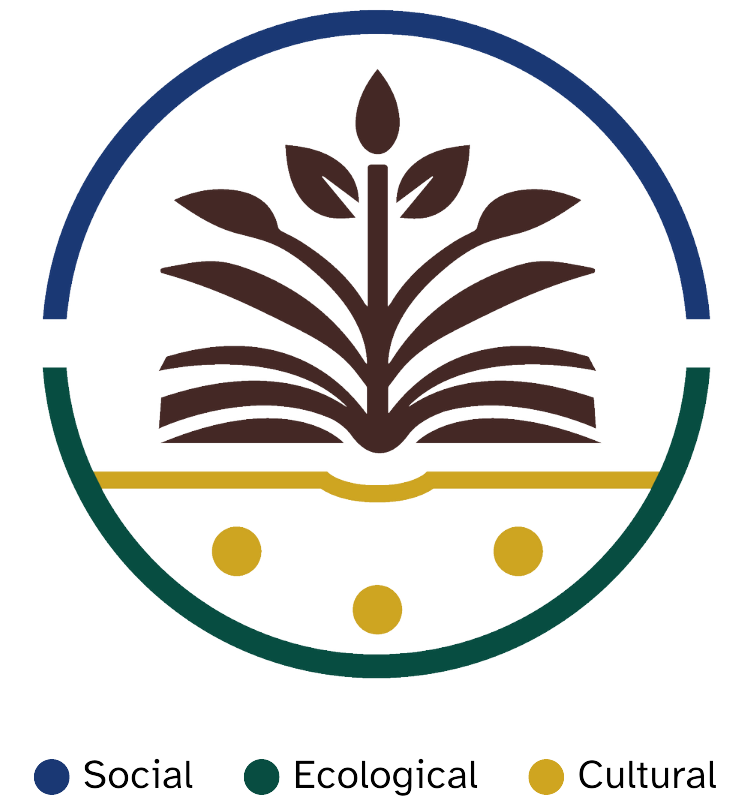Galvanizing education actors to accelerate the SDGs

Galvanizing education actors to accelerate the SDGs

‘Syādvāda’ - the ancient Jain concept of conditional judgment, argues for the relativity of knowledge, i.e. knowledge is varied and no single opinion or aspect of knowledge can constitute it in its entirety.






























